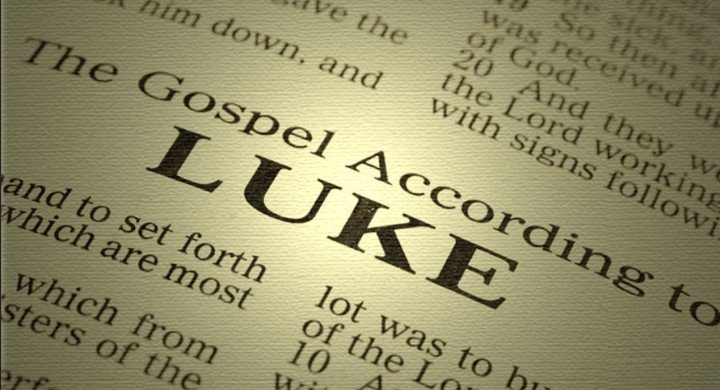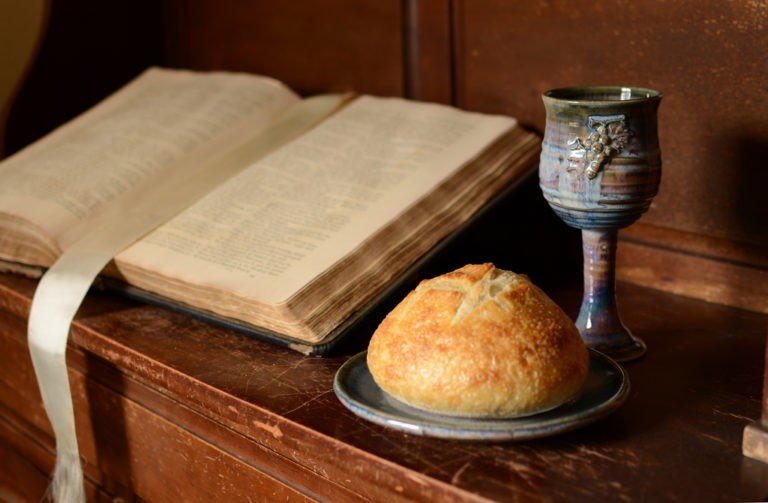Luke 1 Commentary
by Brad Boyles
Who made the most significant contribution to the New Testament in terms of total verses? Most would say Paul or maybe even John, but those answers would be incorrect. Who was the only non-Jewish author of the New Testament? Who wrote a Gospel about Jesus but (potentially) never met Him during His earthly ministry? The answer to all these questions is Luke, the historian, and physician. The Gospel of Luke and the book of Acts make up 1/4 of the entire New Testament!
Luke introduces himself as someone who wants to write an “orderly account” of the events surrounding Jesus so that “the full truth about everything which you have been taught” would be known. More interesting than that, however, is the fact that Luke introduces both his gospel account as well as the book of Acts with the same salutation: “Dear Theophilus.”
This begs the question, who was Theophilus and why was Luke writing to him? There are many interesting theories. Some speculate he was a Roman official while others believe he was a wealthy and influential man from Antioch. It’s also possible he was writing to Theophilus ben Ananus who was a high priest in Jerusalem from A.D. 37-41. Yet another theory speculates that Theophilus funded a grant in order for Luke to research the origin of Christianity.
Probably the most interesting theory I stumbled upon is that Theophilus was Paul’s lawyer and that Luke’s writings were addressed to him as a defense of Paul and of the Christian movement in general. What we know with certainty is that Theophilus was a man of honor and rank because Luke addresses him as “Your Excellency.”
We also know for a fact that Luke spent several years gathering all the facts and data regarding Christ and the early church. Being a doctor and historian, he was a man of science and information, so we can assume that his process was meticulous and his findings were accurate. German papyrus expert Carsten Thiede concluded in 1994 that the copies of Matthew (which Luke would have used to write his Gospel) date very close to the time of Jesus.
Luke’s Style
Luke consistently expresses the humanity and compassion of Jesus in his letters. Knowing that Luke spent a great deal of time examining the facts, it comes as no surprise we see the most complete account of Jesus’ birth, development, and lineage in this gospel. Simply put, Luke’s gospel is the most comprehensive, and since he was most likely a Gentile, his gospel is also considered the most universal.
Luke’s gospel also has more references to prayers than others. With regard to Jesus alone, there are seven prayers that do not occur in any of the other writings. His emphasis includes the role of women, children, and people who were socially marginalized. He also emphasizes the Holy Spirit and the joy of Christ in his work.
Chapter 1
In this chapter, we are introduced to John the Baptist and Jesus Christ. Their stories are beautifully interwoven by Luke and are accurate and detailed. An angel visits Mary and Zechariah and promises them each a child. To Zechariah, John the Baptist, who would pave the way for Mary’s son, The Messiah, Jesus Christ. These two amazing promises contain the prophecy, the evidence of that prophecy being fulfilled, and finally, the praise response. Both Mary and Zechariah are encouraged, and both sing a song of praise after their promise is delivered.
Another interesting note in this first chapter of Luke is how he is particularly descriptive when it comes to painting the social norms, authority figures, and status markers. Luke is careful to include religious purity, family heritage, land ownership, vocation, ethnicity, gender, education, and age as he works through the narrative. A beautiful example of this is his introduction to Zechariah and Elizabeth.
In the days of Herod, king of Judea, there was a priest named Zacharias, of the division of Abijah; and he had a wife from the daughters of Aaron, and her name was Elizabeth. 6 They were both righteous in the sight of God, walking blamelessly in all the commandments and requirements of the Lord. 7 But they had no child, because Elizabeth was barren, and they were both advanced in years.
Luke 1:5-7 NASB
In just 3 verses, Luke outlines many specifics surrounding the characters in this story. He leaves the reader with no doubt as to who he is describing and what they are like by providing vivid details. These are the types of qualities that we will come to appreciate about Luke and his writing style as we study the rest of his gospel.




